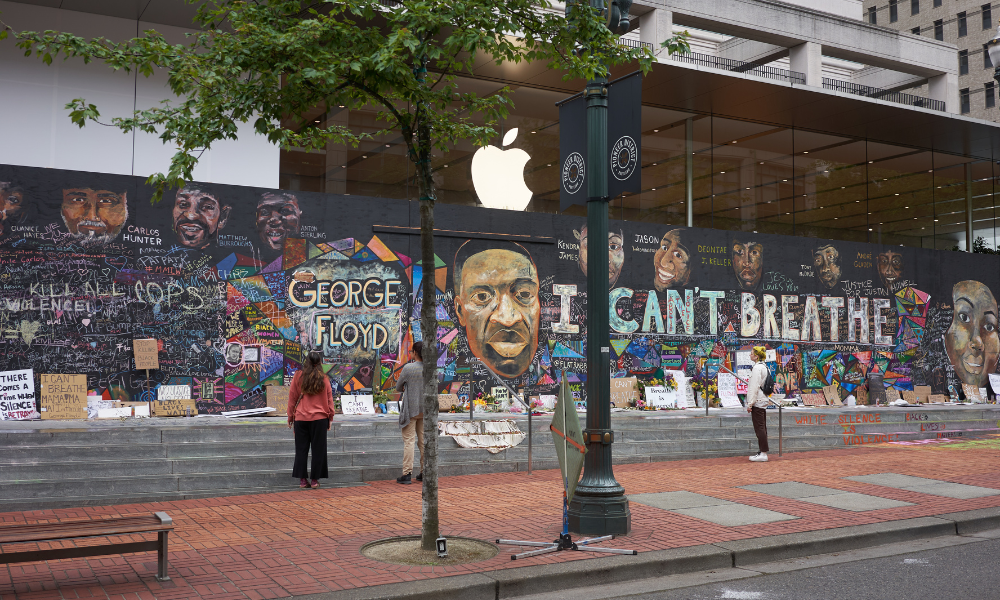
Survey looks at hiring, retention and promotion of Black emplyoyees

There was positive change in workplaces after the murder of George Floyd and the emergence of the Black Lives Matter (BLM) movement, according to executives in a new survey from CNBC.
Floyd's death in May 2020 sparked global outrage and marked the re-emergence of the social movement BLM across the streets, where protesters cried foul against racism, discrimination, and inequality suffered by Black people.
Now three years after Floyd's death and the movement hit the streets, 74% of Black executives said they saw "positive change in hiring, retention, and promotion of Black employees."
This is according to CNCB's inaugural Black Business Leadership Survey, conducted in partnership with the Executive Leadership Council (ELC), that surveyed Black senior leaders in the C-suite or at the executive vice president level.
According to the findings, 88% said their companies made a commitment to diversity, equity, and inclusion (DEI) strategies after Floyd's murder.
Some 41% of the respondents saw increased representation of Black executives in the leadership team since 2020, according to the survey, while 40% said performance on DEI goals have been included in the compensation structure of senior leaders.
Another 48% also saw improvement on how organisations treated their Black executives, according to the report.
Despite these achievements, the report also found that there are still areas where organisations that fell short of their commitments to DEI.
Fifty per cent of the executives said there are still less opportunities for Black employees than other employees at their organisations. In terms of hiring, respondents also said their companies aren't prioritising hiring Black employees at the manager level (25%) and at the senior manager or C-suite level (35%).
Another 66% of the respondents also said Black leaders are underrepresented on executive or management teams, while 23% said they do not feel equitably compensated compared to their peers.
Workplaces were no strangers to the Floyd and the movement's impact, as these events pressured many organisations to put more focus on their DEI strategies and many individuals to step up.
A report from Fishbowl in 2020 saw that 89% of HR workers expect their organisation to respond with public solidarity for BLM.
In 2022, a report from Blueprint revealed that 55% of men and over 60% of women believe they're more likely to speak out now about gender and racial equity, as well as call out sexual harassment and sexist comments.